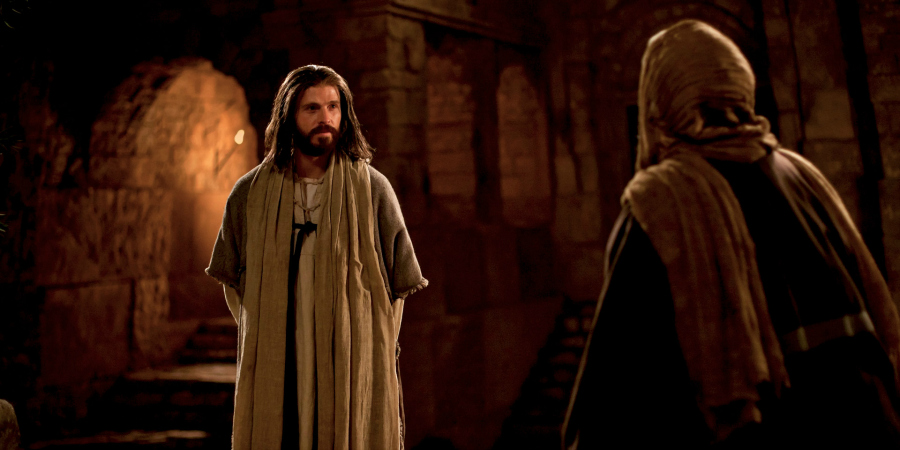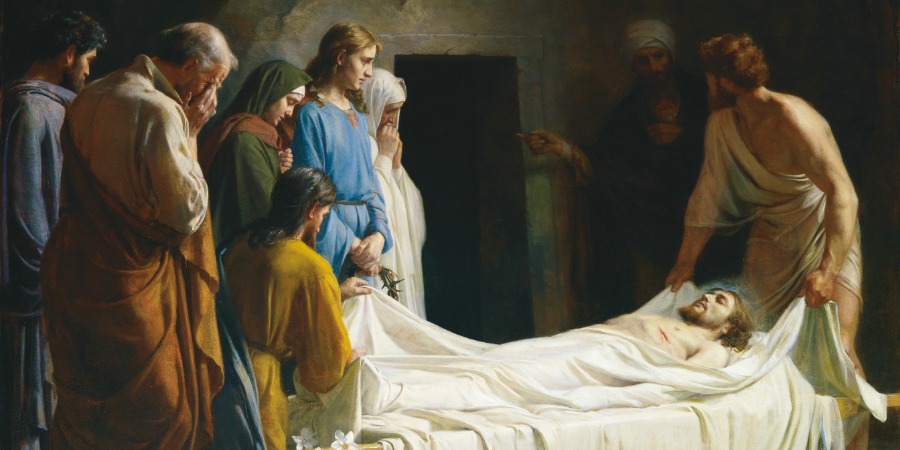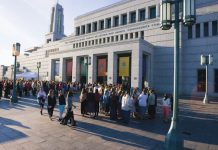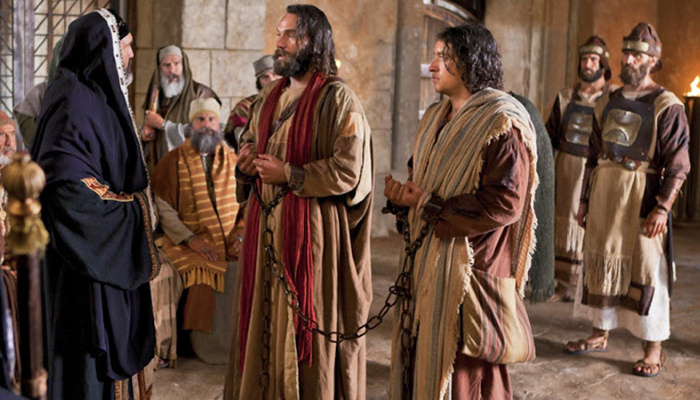
It’s a fairly common question for non-Latter-day Saints first learning about the apostasy of the early church. And it’s a valid one.
Surely, one of the purposes of Christ’s ministry was to establish His church on the earth. But we Latter-day Saints believe that after Christ’s death and the martyrdom of the apostles, that church shattered. Was it all for nothing, then? Doesn’t it just make more sense for Jesus to enter stage right as the unconquerable hero? He arrives, upstages Satan, establishes His church and voila! everything is just butterflies and rainbows after that, right? Well, consider the following.
Christ never was quite what people expected
The Savior has always had a way of doing (or being) the unexpected. The Jews expected a military leader who would literally save them from Roman rule. But Christ was a humble carpenter determined to provide an escape from sin.
One might assume that in order to be truly free, one must not be restricted by a sense of obedience towards anything or anyone. But Christ taught that it’s obedience to God that brings true freedom.
It’s only natural to believe that a fulfilling life comes from focusing on bettering your own circumstances. But Christ taught, “For whosoever will save his life shall lose it: and whosoever will lose his life for my sake shall find it.”
The last shall be first and the first shall be last. Weaknesses will be made into strengths. The meek shall inherit the earth.
We should get used to expecting the unexpected and not make the mistake of assuming we know how the Savior’s plan for us should play out. With that in mind, let’s talk about the Great Apostasy.
The pattern of resurrection
James E. Talmage, in his book, The Great Apostasy, makes a great point:
What would have been the world’s verdict as to the success or failure of the mission of the Christ, had a vote been taken at the time of the crucifixion? Seemingly His enemies had triumphed; He who proclaimed Himself the Messiah, the Son of God, the resurrection and the life, over whom death could not prevail, had suffered the fate of malefactors, and His body was in a tomb. But the verdict of the centuries, which is the verdict of the eternities to come, acclaims that ‘failure’ as the greatest triumph of the ages, the victory of victories.
And we see the same pattern elsewhere.
Christ could have healed Lazarus the moment He learned of his troubles. But He didn’t. He let Lazarus die. Family and friends mourned his loss. Jesus wept. And then Jesus brought Lazarus back from the dead.
God covenants with ancient Israel, naming them as His chosen people. Yet that chosen people stumbles and falls into the pit of wickedness. They’re persecuted and scattered throughout the world. The story of God’s chosen people has been one of apparent failure. Heck, it was this same chosen people who crucified the same God who’d chosen them!
And yet, while Israel has been shattered and scattered, in the last days they’re also being gathered back together again. It ain’t over till it’s over.
Is the Great Apostasy any different?
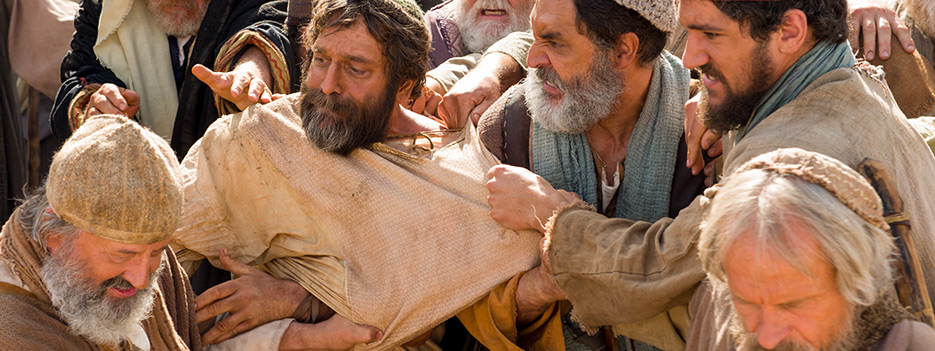
If Christ allowed His physical body to die, only to later steal the victory back from death, why are some skeptical when it comes to the temporary death of the church (the spiritual body of Christ) He established?
Now ye are the body of , and in particular (1 Cor. 12:27) … For if we have been planted together in the likeness of his death, we shall be also in the likeness of his resurrection… Behold, it is requisite and just, according to the power and resurrection of Christ, that the soul of man should be restored to its body, and that every part of the body should be restored to itself (Alma 41:2).
That which dies will be resurrected.
And indeed, though the early church transgressed the laws, changed the ordinances, and broke the everlasting covenant, the Restoration is underway.


